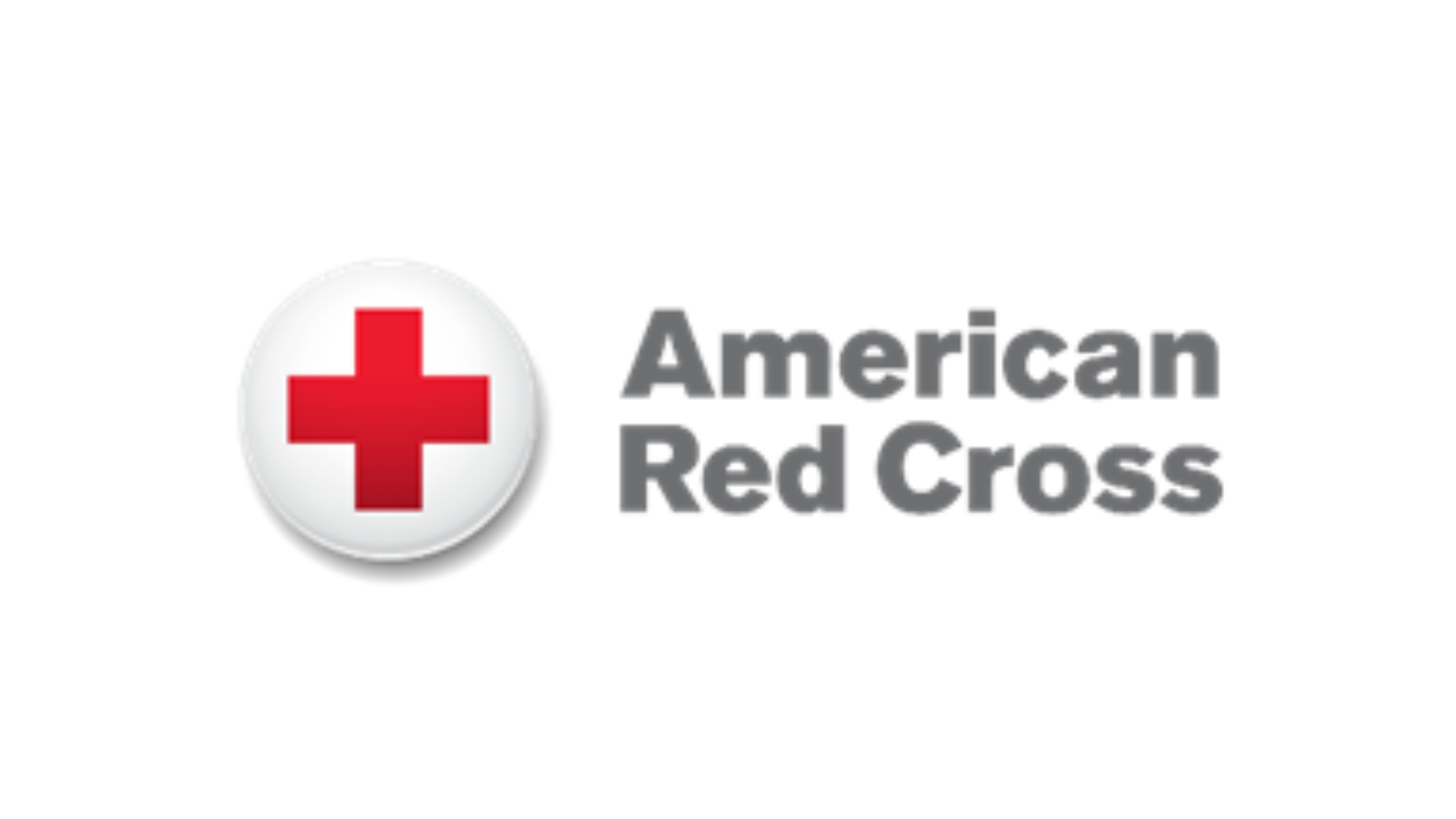As holiday celebrations continue, concern is rising for the nation’s blood supply, which has now dipped to concerning levels and could force hospitals to hold off on essential blood and platelet transfusions for patients.
Historically low blood supply levels not seen in more than a decade persist for the American Red Cross, which supplies about 40% of the nation’s blood. The ongoing decline comes at a time of year when donations typically fall. Holiday get-togethers, school breaks and winter weather often lead to lower donor turnout, potentially further compounding the situation.
Potential donors are urged to schedule an appointment now by using the Red Cross Blood Donor App, visiting RedCrossBlood.org or calling 1-800-RED CROSS (1-800-733-2767). If there is not an immediate opportunity available to donate, donors are asked to make an appointment in the days and weeks ahead to ensure the Red Cross can replenish and then maintain a sufficient blood supply.
In thanks, all who come to give through Jan. 2 will receive an exclusive Red Cross long-sleeved T-shirt, while supplies last.
Those who come to give blood, platelets or plasma in January will automatically be entered for a chance to win a getaway to Super Bowl LVI in Los Angeles. As an extra thank-you from the Red Cross, those who come to donate in January will also be automatically entered to win a home theater package and a $500 e-gift card. Terms apply; visit RedCrossBlood.org/SuperBowl for more information.
Blood drive safety
Each Red Cross blood drive and donation center follows the highest standards of safety and infection control, and additional precautions – including face masks for donors and staff, regardless of vaccination status – have been implemented to help protect the health of all those in attendance. Donors are asked to schedule an appointment prior to arriving at the drive.
Save time during donation
Donors can also save up to 15 minutes at the blood drive by completing a RapidPass®. With RapidPass®, donors complete the pre-donation reading and health history questionnaire online, on the day of donation, from a mobile device or computer. To complete a RapidPass®, follow the instructions at RedCrossBlood.org/RapidPass or use the Red Cross Blood Donor App.
To donate blood, individuals need to bring a blood donor card or driver’s license or two other forms of identification that are required at check-in. Individuals who are 17 years of age in most states (16 with parental consent where allowed by state law), weigh at least 110 pounds and are in generally good health may be eligible to donate blood. High school students and other donors 18 years of age and younger also must meet certain height and weight requirements.
Health insights for donors
At a time when health information has never been more important, the Red Cross is screening all blood, platelet and plasma donations from self-identified African American donors for the sickle cell trait. This additional screening will provide Black donors with an additional health insight and help the Red Cross identify compatible blood types more quickly to help patients with sickle cell disease who require trait-negative blood. Blood transfusion is an essential treatment for those with sickle cell disease, and blood donations from individuals of the same race, ethnicity and blood type have a unique ability to help patients fighting sickle cell disease.
Donors can expect to receive sickle cell trait screening results, if applicable, within one to two weeks through the Red Cross Blood Donor App and the online donor portal at RedCrossBlood.org.
About the American Red Cross
The American Red Cross shelters, feeds and provides comfort to victims of disasters; supplies about 40% of the nation’s blood; teaches skills that save lives; distributes international humanitarian aid; and supports veterans, military members and their families. The Red Cross is a not-for-profit organization that depends on volunteers and the generosity of the American public to deliver its mission. For more information, please visit redcross.org or cruzrojaamericana.org, or visit us on Twitter at @RedCross.




